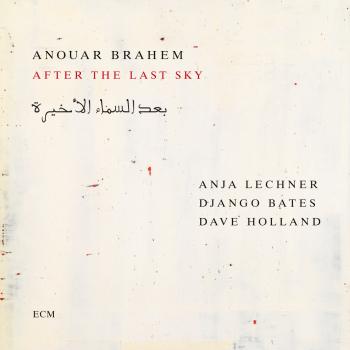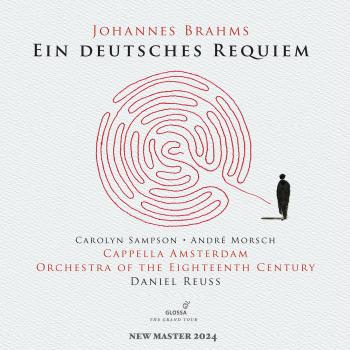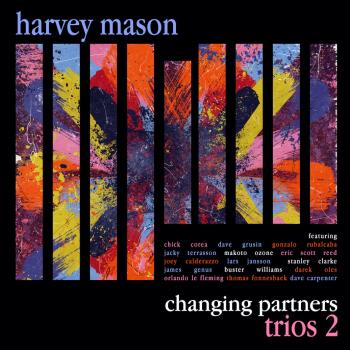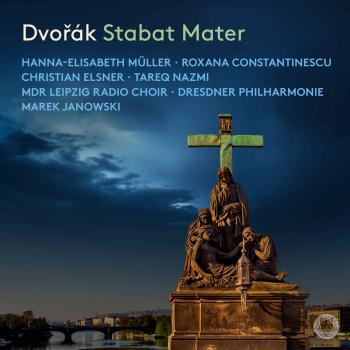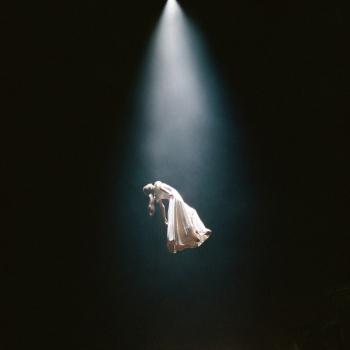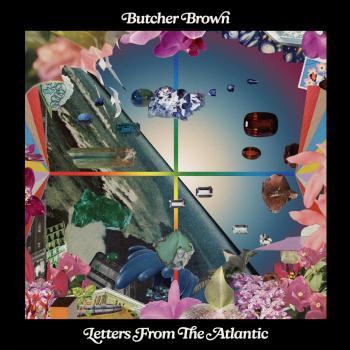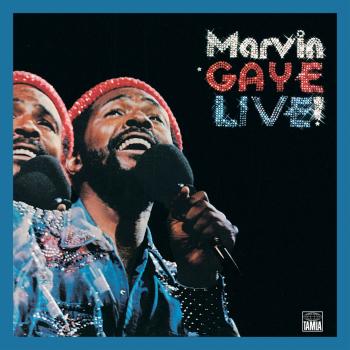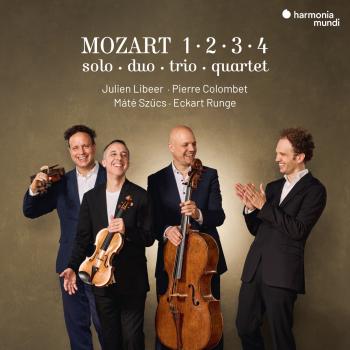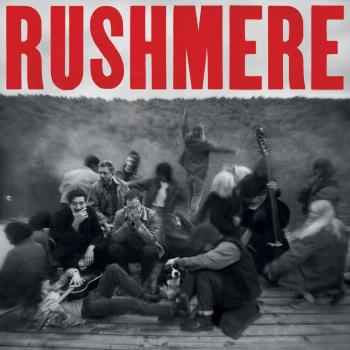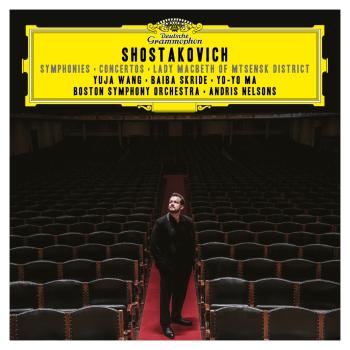
The Magic Of Makeba (Remaster) Miriam Makeba
Album Info
Album Veröffentlichung:
1966
HRA-Veröffentlichung:
15.08.2016
Das Album enthält Albumcover
Entschuldigen Sie bitte!
Sehr geehrter HIGHRESAUDIO Besucher,
leider kann das Album zurzeit aufgrund von Länder- und Lizenzbeschränkungen nicht gekauft werden oder uns liegt der offizielle Veröffentlichungstermin für Ihr Land noch nicht vor. Wir aktualisieren unsere Veröffentlichungstermine ein- bis zweimal die Woche. Bitte schauen Sie ab und zu mal wieder rein.
Wir empfehlen Ihnen das Album auf Ihre Merkliste zu setzen.
Wir bedanken uns für Ihr Verständnis und Ihre Geduld.
Ihr, HIGHRESAUDIO
- 1 When I've Passed On 04:00
- 2 Sunrise, Sunset (From the Broadway Musical Fiddler On the Roof) 02:40
- 3 Autumn Song 02:35
- 4 You Are In Love 03:33
- 5 Seven Good Years 03:09
- 6 Sleep Tight 03:31
- 7 Ask the Rising Sun 02:54
- 8 Oxgam 02:00
- 9 Where Does It Lead? 02:36
- 10 Muntu (Lullaby) 04:10
- 11 Erev Shel Shoshanim 02:18
- 12 Oh, So Alone 03:50
Info zu The Magic Of Makeba (Remaster)
Miriam Makeba's sixth and final RCA Victor album largely abandoned the South African focus of her earlier recordings (particularly her most recent release, the joint LP An Evening With Belafonte/Makeba, which was devoted to songs in South African tribal languages) for a collection of mainstream pop on which she was backed by an orchestra conducted by Sid Bass. By September 1965, when the album was recorded for a 1966 release, the music industry had weathered the sea of change brought on by the Beatles, but there was less room in it for an exotic novelty like Makeba, who had carved out a niche on the fringes of the folk revival and the supper club circuit. She responded by recording "Sunrise, Sunset" from Fiddler on the Roof in Bass' bossa nova arrangement and putting her talent for languages to use by singing songs in Yiddish and Hebrew. Four tunes were contributed by her bass player, William Salter, and sounded like traditional pop efforts. There were also a couple of songs in the South African idiom that sounded like her earlier recordings: "Oxgam," which recalled "The Click Song" from her first album, and "Muntu (Lullaby)." And she re-recorded "Where Does It Lead?" from that album, perhaps pondering that question herself. The Magic of Makeba was a compromised effort that disappointed old fans and did not win new ones. Shortly after its release, Makeba parted ways with RCA; she was quickly taken up by Mercury Records.
Produced by Jim Foglesong
Digitally remastered
Miriam Makeba
Died at the age of 76 on the 9th of November 2008 while on tour in Naples.
In a career that spanned over 50 years. she began singing with the Manhattan Brothers, a traditional jazz, rag-time band that played to an exclusively black audience during the apartheid era in South Africa. She later formed the all female Skylarks. In 1959, she took the lead in the huge Broadway hit, King Kong, and received the chance to emigrate to the USA, when she was offered the star role in the anti-apartheid documentary 'Come Back Africa' in 1959 by independent filmmaker Lionel Rogosin.
Anti-Apartheid campaigning had always been a big part of Miriam's life and while in America she released an album with Harry Belafonte called 'An Evening With Belafonte/Makeba'. The album dealt with the problems black people suffered under apartheid. The album received a Grammy for 'Best folk recording'.
Because of her Anti-Apartheid campaigning, her South African passport and citizenship had been revoked by the South African Government. She had gained honorary citizenship in many countries after testifying against apartheid before the United Nations in 1963.
She caused controversy in 1968 when she married political rights activist Stokely Carmichael, this resulted in all of her tours and record deals being cancelled in the USA. This resulted in her touring in Africa, Europe and South America from then on. She returned to South Africa in 1990 and since then made many film and TV appearances such as the film 'Sarafina!' and the documentary 'Amandla!'.
One of her most recent albums 'Homeland' was nominated for a Grammy. Her final tour was in support of an Italian writer Roberto Saviano in his campaign against the mafia-like organization Camorra. Mariam Suffered a heart attack after the gig and doctors were unable to revive her. She died standing for justice just like she had all of her life.
Miriam helped bring African music to a global audience in the 1960s, and her music continues to play an important role in the growth of African music.
As well as Grammy nominations her lifetime achievements included many awards such as the 'Dag Hammarskjöld Peace Prize' in 1986, 'Otto Hahn Peace Medal' by the United Nations, and was voted 38th in the 100 Great South Africans in 2004.
Dieses Album enthält kein Booklet

